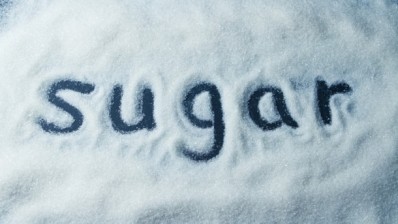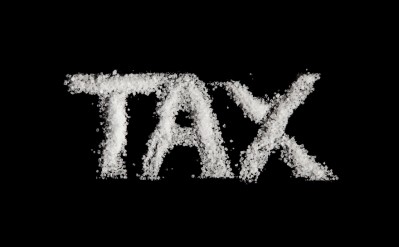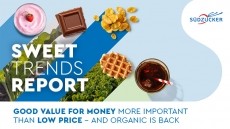Food firms need a sugar tax action plan for their supply chain, says consultant

With expanding waistlines and rising diabetes rates becoming commonplace the world over, the backlash against sugar seems to be reaching a crescendo, and the drinks industry is experiencing the full brunt of it.
A tax on sugar-sweetened beverages is already in place in Mexico, the British government is considering one, sugar tax talk is on the rise in the Philippines, Indonesia and India while the World Health Organisation says fiscal measures should be part of a multiple-pronged approach to curb child obesity put in place by policymakers across the world.
But aside from the health impact, what would a tax actually mean for the industry on the ground? FoodNavigator spoke to Crispin Mair, co-founder and director of global supply chain consultancy, Crimson & Co.
"Manufacturers need to start looking at their product portfolios and working with their suppliers to come up with viable product alternatives. They should also be looking at what else they can do with what could potentially be excess manufacturing capacity as volumes decline."
The fact that Mexico has seen a 6% decline in soft drink sales in the first year of implementation shows that the tax clearly had the desired effect, he said - and this after a 10% tax on sugary drinks while the UK drinks industry is facing the prospect of a 20% tax if campaigners get their way.
According to Mair, companies should already be looking ahead and developing strategies to deal with problems, such excess manufacturing capacity, if and when the tax is put in place. “Their sales and operations planning processes should be tackling this,” he said.
“Market readjustments will also impact the drinks producers and their respective supply chains. A long tail of stock-keeping units might grow as sales and marketing teams try achieving a balance on having both sugar and non-sugary drinks across their product portfolios.”
Bootlegged bottles and problem packaging
The supply chain consultant also warned of the possibility of illicit trade practices cropping up across the supply chain.
“Illicit trade could lead to people buying cheaper sugary drinks on the continent and then reselling here in the UK, at a lower rate a British retailer would be able to match,” he said, adding that this risk would be greatly reduced if a pan-European tax was applied.
“It could also lead to strange coding practices as well - businesses could simply code sugary drinks as non-sugar drinks in their master data so that system reports do not identify what the products truly are. This is much easier for smaller, less mature retailers than larger ones.”
While these were not reasons in themselves to avoid implement a tax, said Mair, nor should they be ignored as possible repercussions.
Calls for greater transparency on product contents could also have an impact on packaging requirements which could drive up complexity in terms of bulk buying and managing stock – the tobacco industry has already felt this.
“The tobacco industry has to change packs every few months as different government health warnings come into place. This has become a materials planning challenge of balancing the better purchase prices you get from volume orders from printing companies against the risk of write-off and obsolescent packaging every time a new government order comes into play.”
Crimson & Co was founded in 2003. Its scope spans supply chain strategy, planning, procurement, manufacturing, logistics and customer channels.

























